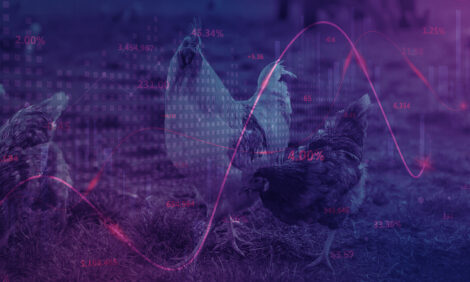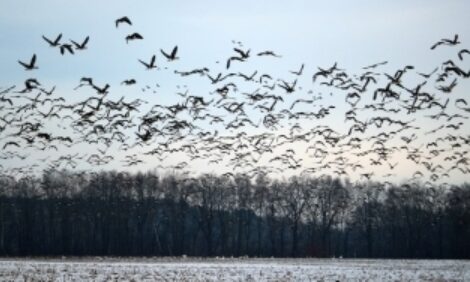



Organic Poultry Production in the US: Record-Keeping and Economics
Organic Poultry Production in the United States was published by ATTRA in 2008. It discusses organic husbandry including living conditions, health, genetics and origin, feed and processing as specified under the livestock requirements of the US Department of Agriculture National Organic Program (NOP). This article covers issues regarding record-keeping and economics.Record-Keeping
Record-keeping is an important process in the organic audit trail to document that the standards have been followed. Flocks must be identified and records kept for stock, material and feed purchases; all health treatments and other inputs; weight of slaughter animals; slaughter; packing and handling; sales and more. Records should be kept for at least five years.
Split production is permitted and since organic poultry and eggs products are indistinguishable visually from conventional, it is important to prevent commingling.
Small producers that sell less than $5,000 worth of organic products each year are exempt from certification. If small producers want to call or label their product organic, they must follow the standards but do not need to be certified although they may not use the USDA organic seal. Their eggs cannot be sold as organic ingredients.
Economics
It is more expensive to raise organic poultry than conventional poultry due to feed costs, lower stocking densities, the cost of providing outdoor access and health costs without the use of antibiotics in intensively produced flocks. If there is a longer growing period, feed efficiency may decrease. Mortality is often higher. Labour may be increased and record-keeping may be an added expense, along with certification fees. However, organic poultry products bring a premium price.
See ATTRA's Growing Your Range Poultry Business: An Entrepreneur's Toolbox for a discussion of expenses and income for alternative poultry meat production systems and small-scale processing.
Further information
- Case study of organic egg economics on a small Wisconsin farm
- A 5,000 bird layer flock in Canada
- Organic Broiler Chicken Production Trial, Allee Farm, 2001
Further Reading
| - | You can view the other sections in this ATTRA publication by clicking here. |
March 2009








